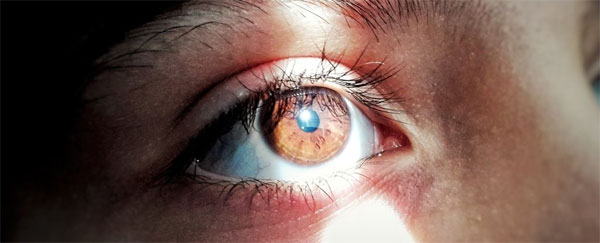Daijiworld Media Network - New Delhi
New Delhi, Oct 25: In a groundbreaking discovery, researchers in Canada have found that retinal scans — images of the eye’s tiny blood vessels — could help predict heart disease risk and reveal how quickly a person is biologically ageing.
The study, published in the journal Science Advances, highlights how the retina may serve as a powerful, noninvasive “window” into the body’s vascular health, paving the way for earlier detection and prevention of age-related illnesses.
“By linking retinal scans, genetic data, and blood biomarkers, we’ve uncovered molecular pathways that show how ageing impacts the vascular system,” said Marie Pigeyre, Associate Professor at McMaster University’s Department of Medicine in Canada.

Pigeyre explained that the eye offers a rare view of the body’s circulatory system without the need for invasive procedures.
“Changes in retinal blood vessels often mirror similar changes happening in other small vessels throughout the body,” she noted.
The study analyzed retinal images, genetic profiles, and blood samples from over 74,000 participants. Researchers found that people with simpler and less branched retinal blood vessels were more likely to have higher cardiovascular risk and showed biological signs of ageing, such as increased inflammation and reduced life expectancy.
Currently, assessing diseases like heart disease, stroke, and dementia involves several medical tests. Scientists hope that in the near future, a single retinal scan could provide a quick, accessible way to assess both ageing and cardiovascular health.
Further analysis of blood biomarkers and genetic data revealed two key proteins — MMP12 and IgG-Fc receptor IIb — that appear to drive vascular ageing and inflammation.
“These proteins may represent promising targets for new therapies aimed at slowing vascular ageing, lowering the risk of heart disease, and ultimately extending healthy lifespan,” Pigeyre added.
The researchers emphasized that while the findings are promising, more studies are needed before retinal imaging can be used as a routine screening tool for cardiovascular and age-related conditions.